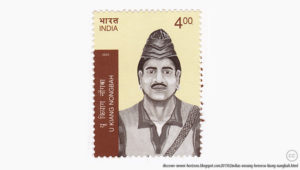India: The birthplace of religions

India is a land of many religions.
India is a land of religious diversity. Though majority of the citizens are Hindus, religions like Islam, Christianity, Sikhism, Buddhism, Jainism, Zoroastrianism, and Bahai faith are also followed here.
India is the birthplace of four religions – Hinduism, Buddhism, Jainism, and Sikhism. Of these, Hinduism is considered as the ‘oldest living religion’ of the world. Hinduism developed in India as a way of life, notably during the Indus Valley Civilization. The religion has no definite source or individual founder. Scholars believe that it is an outcome of a fusion of Indian culture and traditions. Hindus believe in the presence of multiple Gods.
The later Vedic Era, around 600 BC, gave birth to two religions – Buddhism and Jainism. Their proponents, Gautam Buddha and Mahavira respectively, were contemporaries. As the atrocities of the upper-caste Hindus rose during this era, these religions guided people towards an alternative peaceful way of life. Both the religions originated around the same time and with the same motives, probably why many of their teachings and belief-systems overlap. The stress was nevertheless on breaking the birth-death circle through self-effort. Both the religions rejected Hindu practices of long-winding rituals and sacrifices and guided human beings towards liberating their souls to attain ‘nirvana’, a term commonly associated with Buddhism, meaning ‘liberation from rebirths’.
Sikhism, founded by Guru Nanak in the 15th century, is a monotheistic religion. It originated in the region of Punjab and has many similarities with Hinduism and Islam. Sikhs have ten gurus. Their holy book, the Adi Granth, was first compiled by Arjan, the 5th Guru of the religion. To protect the religion from external forces, Guru Hargobind, the sixth guru, militarized its followers. Gobind Singh, the tenth guru, took up this process again and created a military group called the Khalsa. Guru Gobind Singh also established the five Ks – kesh (uncut hair), kangha (a wooden comb), kara (a metal bracelet), kachera (a type of undergarment) and kirpan (a dagger) – that lend Sikhs their unique appearance.







